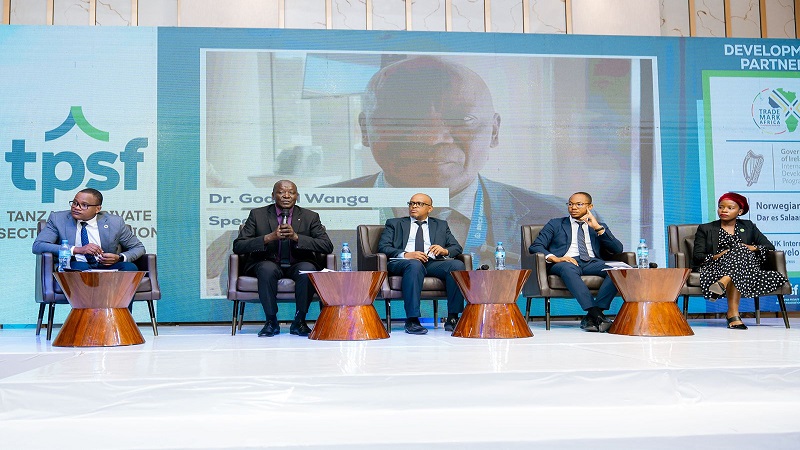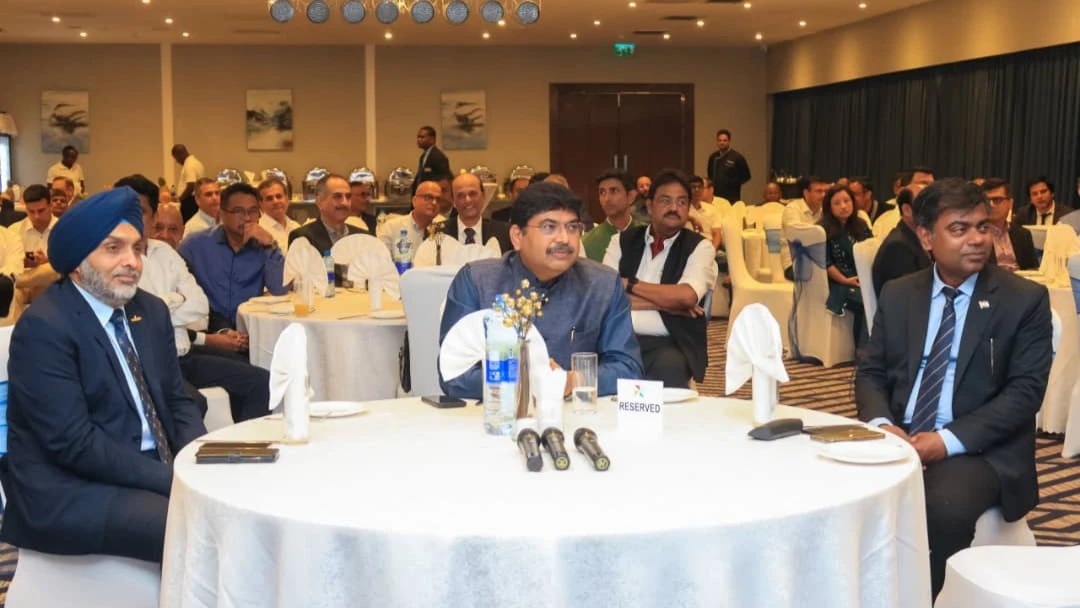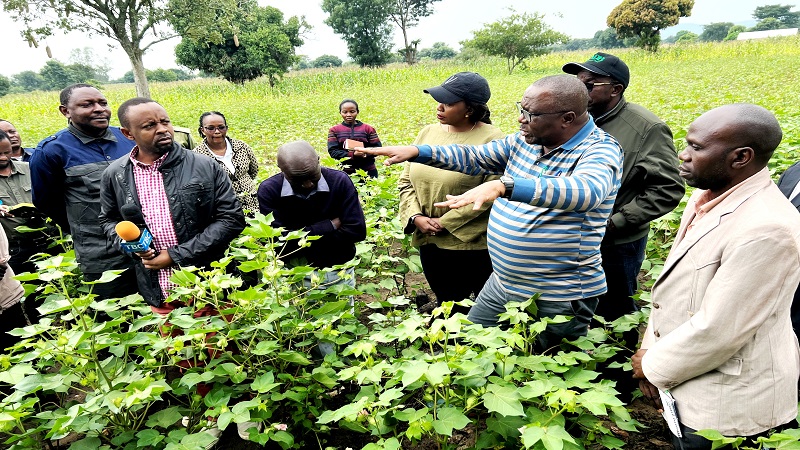TPSF: Reforms will enhance global market participation

THE Tanzania Private Sector Foundation (TPSF) has highlighted key challenges hindering local businesses seeking wider access to global export markets.
Angelina Ngalula, the TPSF chairperson, said at an inter-ministerial high level trade and investment dialogue in Dar es Salaam over the weekend that the challenges include high taxes on the private sector.
There are also drawbacks like insufficient capital, poor infrastructure, limited use of technology, she stated, similarly alluding to “the presence of foreign investors who end up operating small businesses rather than making large-scale investments.”
She stressed that the barriers hold back Tanzanian businesses from fully participating in international trade, seeking solutions at the forum meant to sort out policies, plans and strategies for a more conducive environment for Tanzanian traders and investors to take up more openings beyond the country’s borders.
These challenges greatly weaken development of local industries, she said, urging the government to address the issues in order to create a more supportive business environment, even expanding the country’s footprints in global markets.
Elibariki Shammy, the TradeMark Africa country director, emphasised the importance of reassessing industrial and trade policies to foster greater global market participation.
The private and public sectors need to work together to eliminate non-tariff barriers at borders, streamline trade procedures and improve domestic production to increase competitiveness in international markets, he stated.

Timothy Mbaga, executive director for the Tanzania Agriculture Council (ACT) urged the government to set clear guidelines for investors and small business owners.
“Such guidelines need to ensure that local traders are not side lined by foreign investors who come to engage in small-scale operations,” he remarked.
“Foreign investors should not be allowed to take over small business opportunities that are better suited for locals, as this limits their potential,” he insisted.
TPSF underscored the need to reduce taxes for the private sector, to help stimulate economic growth and enhance local businesses pursuit of digital technologies in promote their products.
Sempeho Manongi, the director of industrial and trade development at the Industry and Trade ministry, acknowledged the critical role TPSF members play in industrial and business development.
The government is committed to improving infrastructure and ensuring that Tanzanian products meet international quality standards, he said, affirming that to compete in global markets, “we must focus on producing high-quality products that align with international requirements.”
The country already has a number of successful exports such as cashew nuts, sisal and cotton that have already made a mark on the global stage, he added.
Top Headlines
© 2025 IPPMEDIA.COM. ALL RIGHTS RESERVED






















